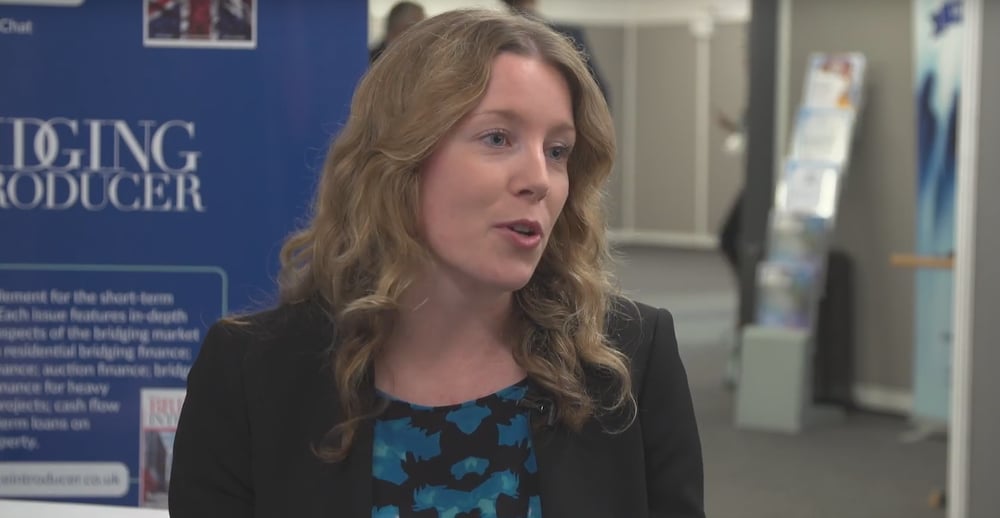Dealing with mortgages is an increasing factor in how people plan for their retirement.

Alice Watson (pictured) is head of marketing at Retirement Advantage Equity Release
For many, a mortgage represents the biggest single debt they will have during their lifetime. Its impact on how we manage our finances is therefore hugely significant.
And new figures reinforce a growing trend; that dealing with mortgages is an increasing factor in how people plan for their retirement.
At the end of 2017, the FCA released new data on mortgage lending trends over the last decade.
The update was a timely one, ahead of the results of its mortgage market study which are expected sometime this Spring.
The findings show that for future generations, mortgage debt will be a factor in their retirement planning.
For example, 39% of new loans in 2016 had a term longer than 25 years. This compares to 17% in 2007. The most common term now is a 35-year mortgage.
At the same time, the average age of a first-time buyer is increasing. In 2007, 30% of first-time buyers were aged between 18 and 25. In 2016, that figure had fallen to 22%.
Combine those two trends together – average first-time buyer is getting older, average length of loan is increasing – and the picture becomes clear.
There are other factors to consider as well.
Today’s first-time buyers, if they have been to university, will have vastly higher levels of student loan debt than their predecessors.
Furthermore, the value of UK housing stock has never been higher, so the amount needed for house purchases as a proportion of income is much higher than it used to be.
ONS data releases in 2016 found that the median price of a house increased by 259% between 1997 and 2016, whereas median earnings only increased by 68% over the same period.
It won’t be long until retiring with debt – mortgage or otherwise – becomes the norm for many. Adjusting to that reality will no doubt require a shift in thinking, but the shift will be necessary.
Why? Because relying on pensions and personal savings to help manage debt and to support a fulfilling retirement will be insufficient.
Advisers have a critical role to play in helping people achieve this change in mindset. Property wealth tends to outstrip the value of assets held in pensions or other savings accounts.
The fact we’re carrying debt later into our lives makes it essential that we treat our property, and other savings and assets, as equals.
Treating property as a store of wealth, as well as a home, will help people carrying mortgage debt later into life to live the retirements they want.



